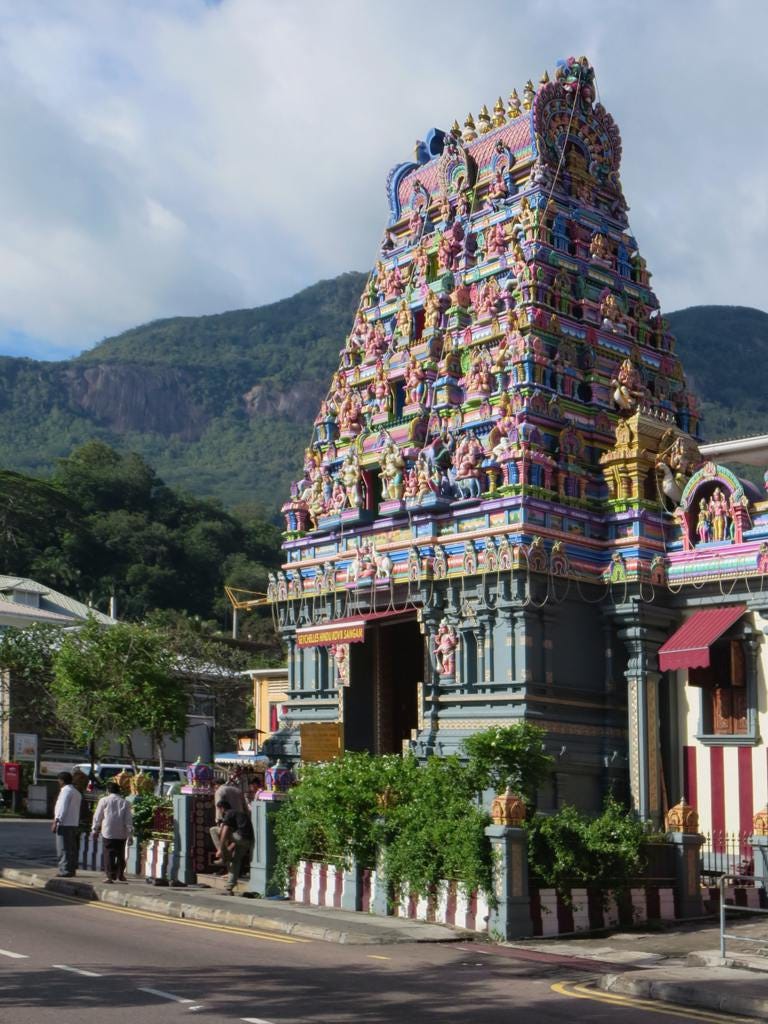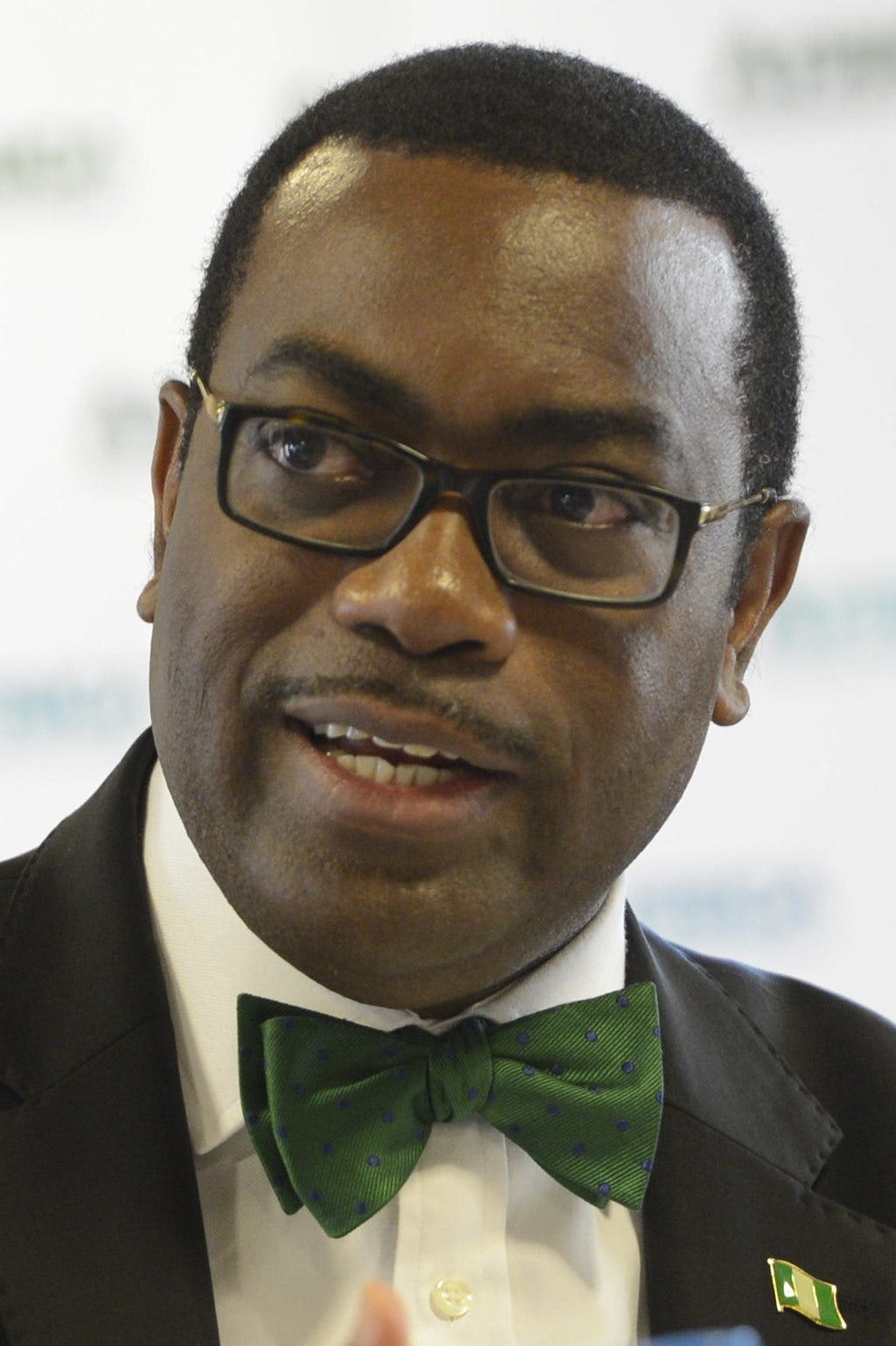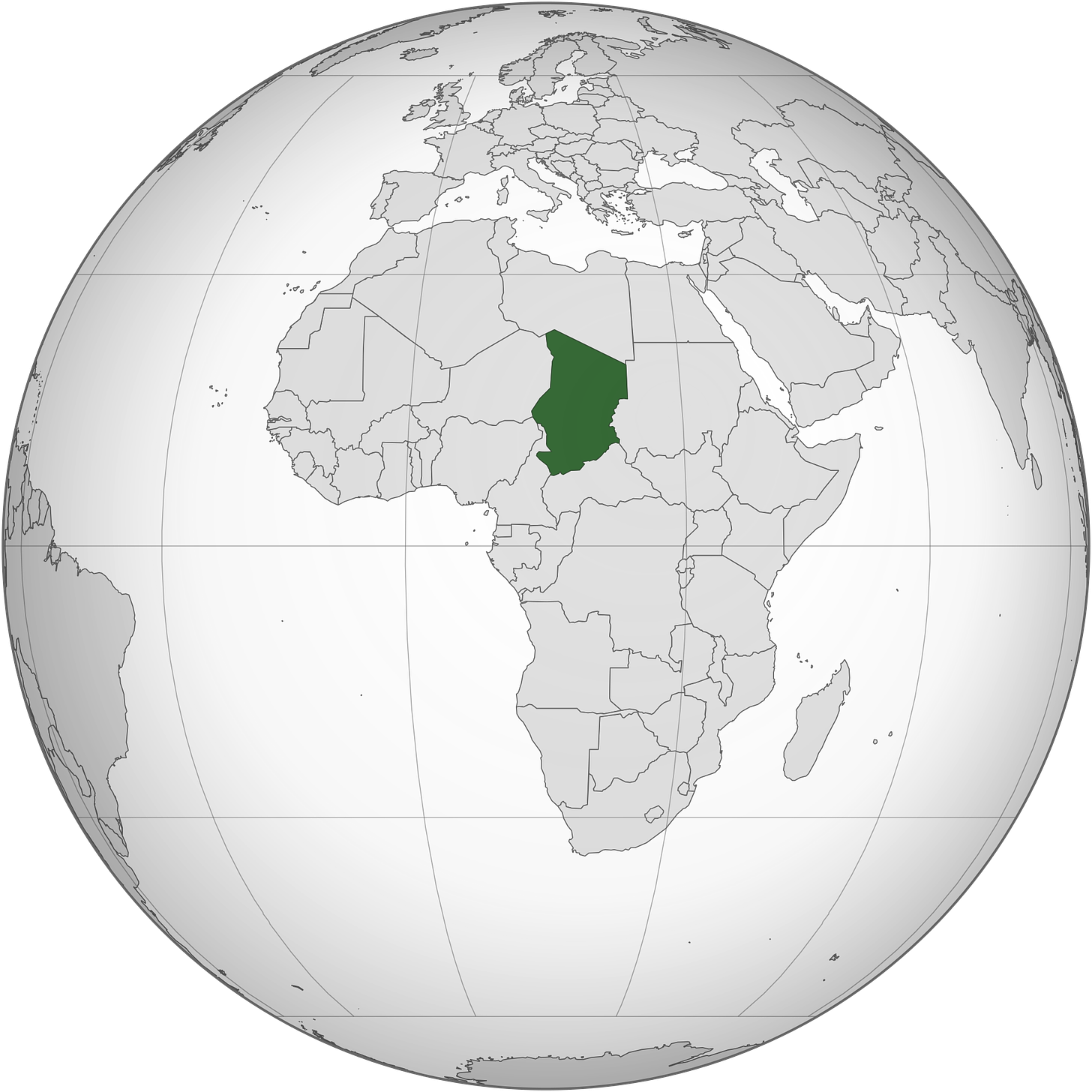🔅 How to Reshape The African Narrative
AfDB's Media Investment Call, Lamu's Swahili Charm, and a $30 Billion Power Partnership
Photo of the Day
Market Mondays
🟢 Johannesburg SE: 78,464.22 (+2.04%)
🟢 Nigerian SE: 98,233.76 (+31.37%)
🟢 Nairobi SE: 106.48 (+15.60%)
🟢 Ghana SE: 3,646.54 (+16.49%)
🟢 US S&P 500: 5,222.68 (+10.12%)
🟢 Shanghai Composite: 3,154.55 (+6.49%)
Namibia, the sun-kissed and wind-swept darling of Sub-Saharan Africa, just got a $138.5 million nod from the World Bank to welcome renewable energy projects with open arms. As the country strikes liquid gold with massive offshore oil and gas finds, it's also determined to become the region's green energy hotspot.
Nigeria's not playing around when it comes to taming the wild west of cryptocurrency. The authorities are pointing fingers at the industry for hurting the already battered naira, and are ready to drop the hammer on person-to-person crypto trading. Meanwhile, Binance is crying foul, claiming they were asked for a hefty "problem-solving" fee and demanding the release of a jailed employee.
An updated 2008 minerals-for-infrastructure deal between the DRC and China promises Congo $324 million annually for infrastructure projects until 2040, but there's a catch – the copper price needs to stay above $8,000 per ton.
Rwanda's ready to splash some cash in the next financial year, with an 11% increase in overall spending to $4.43 billion. Finance Minister Ndagijimana's crystal ball shows economic growth hitting 6.6% this year and climbing steadily to 7.2% by 2027. Last year's 8.2% expansion has the country feeling extra confident!
*Data accurate as of the close of markets across the continent
Spotlight Stories
The AfDB's Clarion Call: Reshape Africa's Narrative Through Strategic Media Investment
The likelihood is that as you scroll through your favourite international news website, eager to catch up on the latest happenings in Africa, you're bombarded with headlines about conflict, poverty, and disease instead of stories about the continent's incredible progress and potential.
It's like Africa is stuck in a never-ending cycle of negativity, at least according to the Western media.
Akinwumi Adesina, the President of the African Development Bank Group (AfDB), has had enough of this skewed narrative.
At the recent AllAfrica Media Leaders' Summit 2024 in Nairobi, Kenya, he made an impassioned plea for the creation of a globally respected African media outlet that will showcase the continent's triumphs and opportunities.
Adesina, donning his metaphorical cape, declared that current media narratives focus on a mere 0.1% of Africa's problems while ignoring the 99.9% of the continent's progress and positivity.
But the problem is that African media houses are struggling to tell even their own stories due to a lack of financing. Over 92% of editors, journalists, and media houses cite this as a major constraint.
Adesina, ever the visionary, proposed a solution: a strategic business case for financial institutions to pool their resources and finance a credible African media institution with a global footprint. He called upon the AfDB, the African Import and Export Bank, and all regional financial institutions to join forces and support the emergence of this media powerhouse.
Adesina is adamant Africans must tell their own stories; not the stories others write about them, tinged with post-colonial mindsets or Cold War divisions, but the stories of Africans, written by Africans, about Africa, and confidently projected to the world.
Building Capacity:
But it's not just about telling the right stories; it's also about equipping journalists with the skills and knowledge to do so effectively. Adesina called for the formation of the African Journalists and Correspondents Fellowships to help build and strengthen the capacities of journalists and correspondents working on Africa.
As media leaders from across the continent gathered in Nairobi for the AllAfrica Media Leaders' Summit 2024, Adesina's message rang loud and clear: it's time for Africa to take control of its own narrative, to showcase its successes, and to attract the investment and recognition it deserves.

Lamu: Where Swahili Culture Meets Bohemian Chic

This is a place where the call to prayer sets the rhythm of daily life, where donkeys and camels roam the streets, and where the pace is so laid-back that you might forget what year it is. Welcome to Lamu, a hidden gem off the northern coast of Kenya that's been rediscovered as a chic and safe enclave during the pandemic.
This Swahili fishing village has survived colonization by Portugal, Britain, Germany, and Oman, and has managed to maintain its unique identity and culture. It's like a time capsule of pure Swahili culture, with a dash of bohemian flair thrown in for good measure.
In the 1980s, only a handful of hippies made it to Lamu, but today, it's a mecca for artists, creatives, and anyone seeking a little slice of paradise. Here, you can swim in the oyster-coloured sea, sail on traditional Swahili dhows, and explore the winding alleyways of Lamu Old Town. It's a place where you can connect with yourself and with nature.
Of course, the winds of change are blowing through this conservative community, with better education and employment horizons, and a growing choice of hideouts. But despite the influx of privileged partygoers, the Swahili identity and culture remain strong and true.
Are you interested in reading more about this magical place? Check out this article from the Financial Times. It's worth reading.

Chad's President Mahamat Déby Cements Rule in a Region of Shifting Alliances
Mahamat Déby, the son of the late President Idriss Déby, has won Chad's presidential elections with a commanding 61% of the vote, a result that is contested by his main rival, Prime Minister Succès Masra. Chad held its long delayed presidential election following three years of military rule.
This victory solidifies his grip on power in a country that has become the last bastion of Western military presence in a region plagued by Islamist insurgencies and growing Russian influence.
The Last Man Standing: Chad's Strategic Importance
Picture Chad as the last piece of a geopolitical puzzle, the final ally of the West in a belt of countries stretching from the Atlantic to the Red Sea. As its neighbours succumbed to coups and political upheaval, Chad remained steadfast, a bulwark against the rising tide of instability.
But even this last stronghold is showing signs of wavering. Last month, Déby's administration asked the US to withdraw its troops from an army base in N'Djamena, the capital city. This move raised eyebrows and sparked speculation about Chad's shifting allegiances in a region where anti-Western sentiment is on the rise.
Like Father, Like Son
Mahamat Déby's victory is a continuation of his father's legacy. Idriss Déby, who ruled Chad for three decades, was known for his ability to navigate the complex web of regional politics and maintain Chad's strategic importance to Western powers.
Now, the younger Déby must walk a tightrope, balancing the demands of his Western allies with the growing influence of Russia and the rising tide of anti-Western sentiment in the region. It's a delicate dance, one that requires both political savvy and a keen understanding of the shifting sands of power.
Food for Thought
“We desire to bequeath two things to our children. The first one is roots; the other one is wings."
— Sudanese Proverb







Hello @Baobob, I applaud the journalism capacity initiative. As we know, we need to encourage these initiatives at every generation. Let us focus energy, resources, and attention to this now, and within the next 10 years, Africa will be recognized with a different narrative because it IS Africans telling stories about Africa. :)
My comments is about the capacity building "But it's not just about telling the right stories; it's also about equipping journalists with the skills and knowledge to do so effectively. Adesina called for the formation of the African Journalists and Correspondents Fellowships to help build and strengthen the capacities of journalists and correspondents working on Africa.'.
Why is it always said that Africans of whatever discipline lack 'capacity'? we are perpetual children always in need of training/capacity building! perhaps we can start with correcting this false narrative right here about perpetually building the capacity of Africans. It is an insult..
And as I previously said to yourselves at Baobab African publications also need to check themselves, stop being lazy. share less of the negatives, and especially to always fact check negative stories about Africa from Western sources before publishing them . Especially stories about the 'usual' Western suspects, the Zimbabwe's of this world who can never do anything right